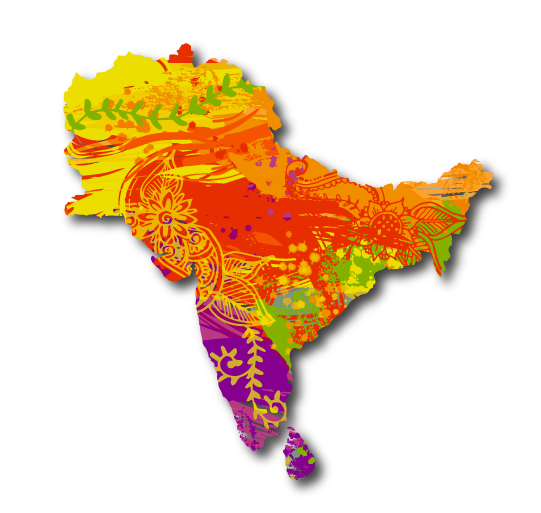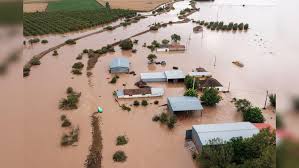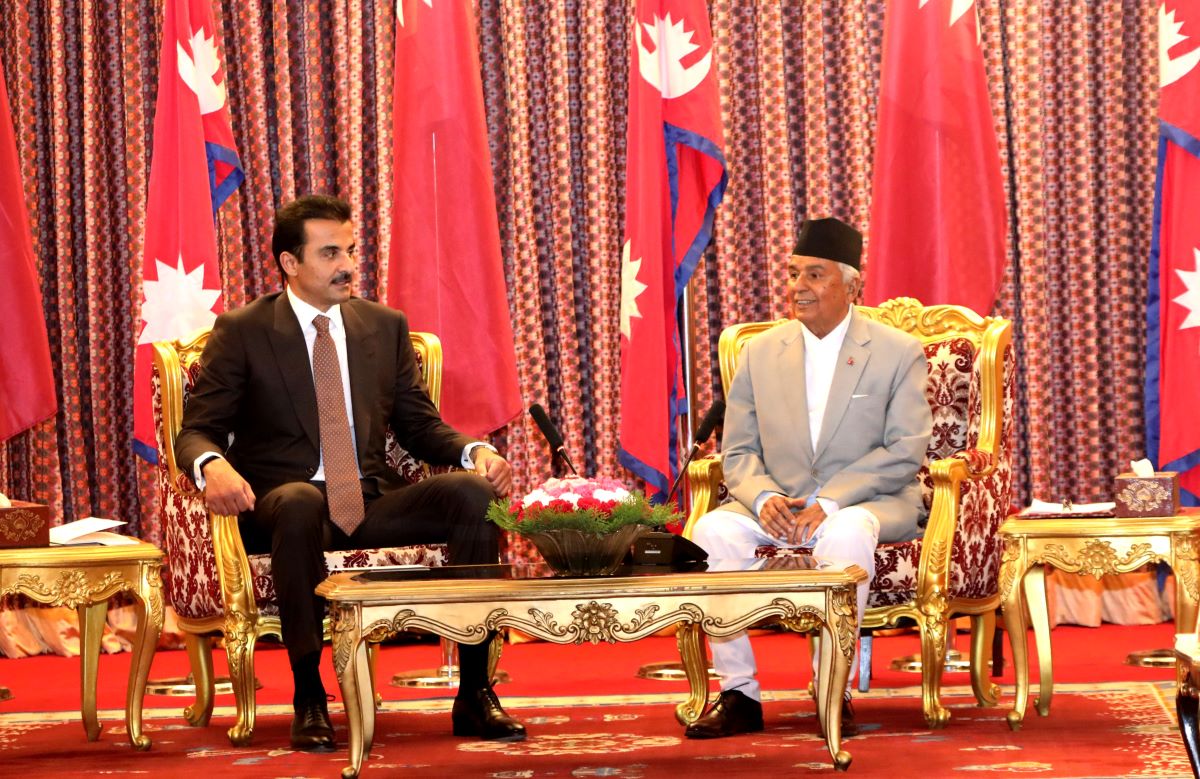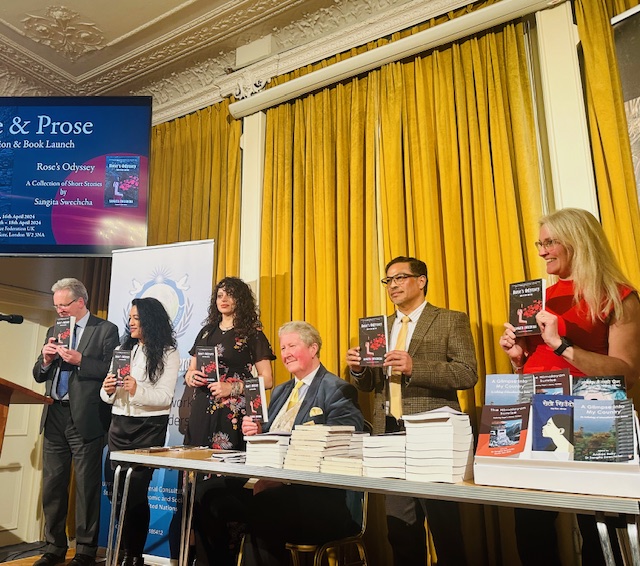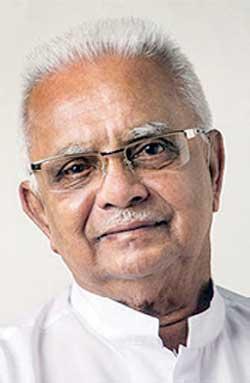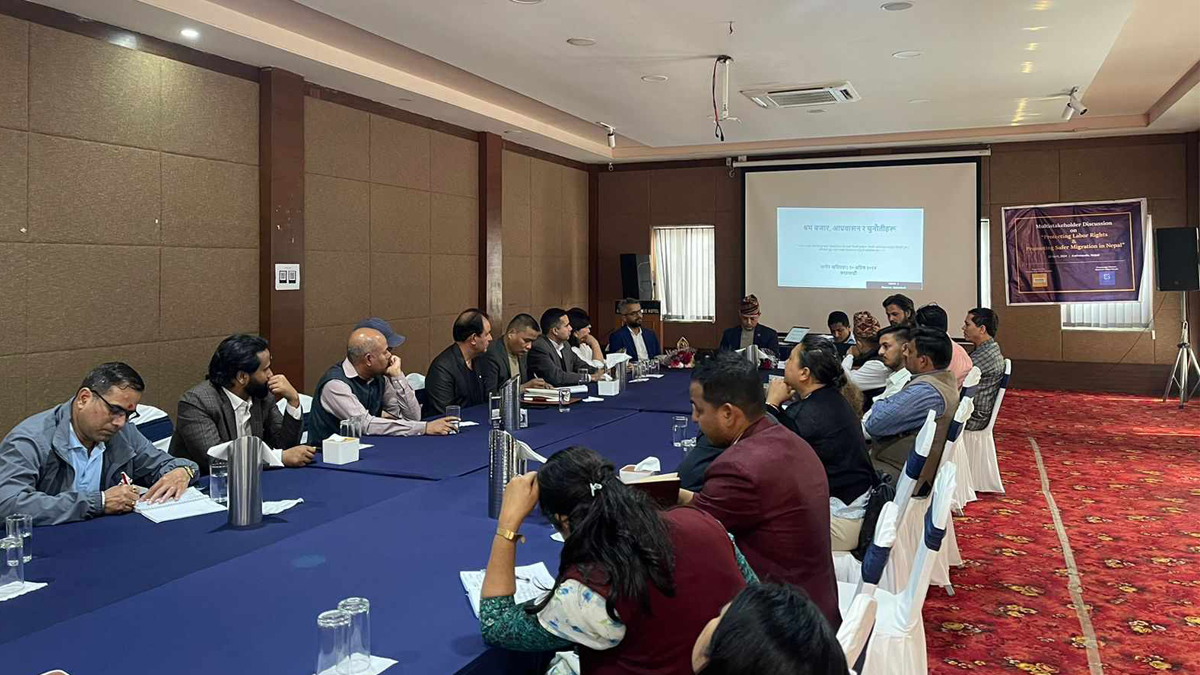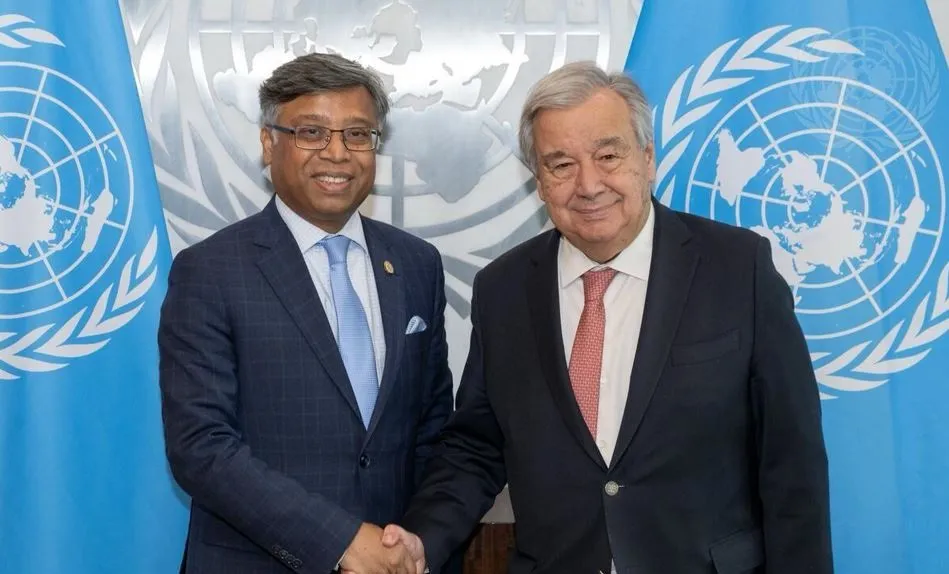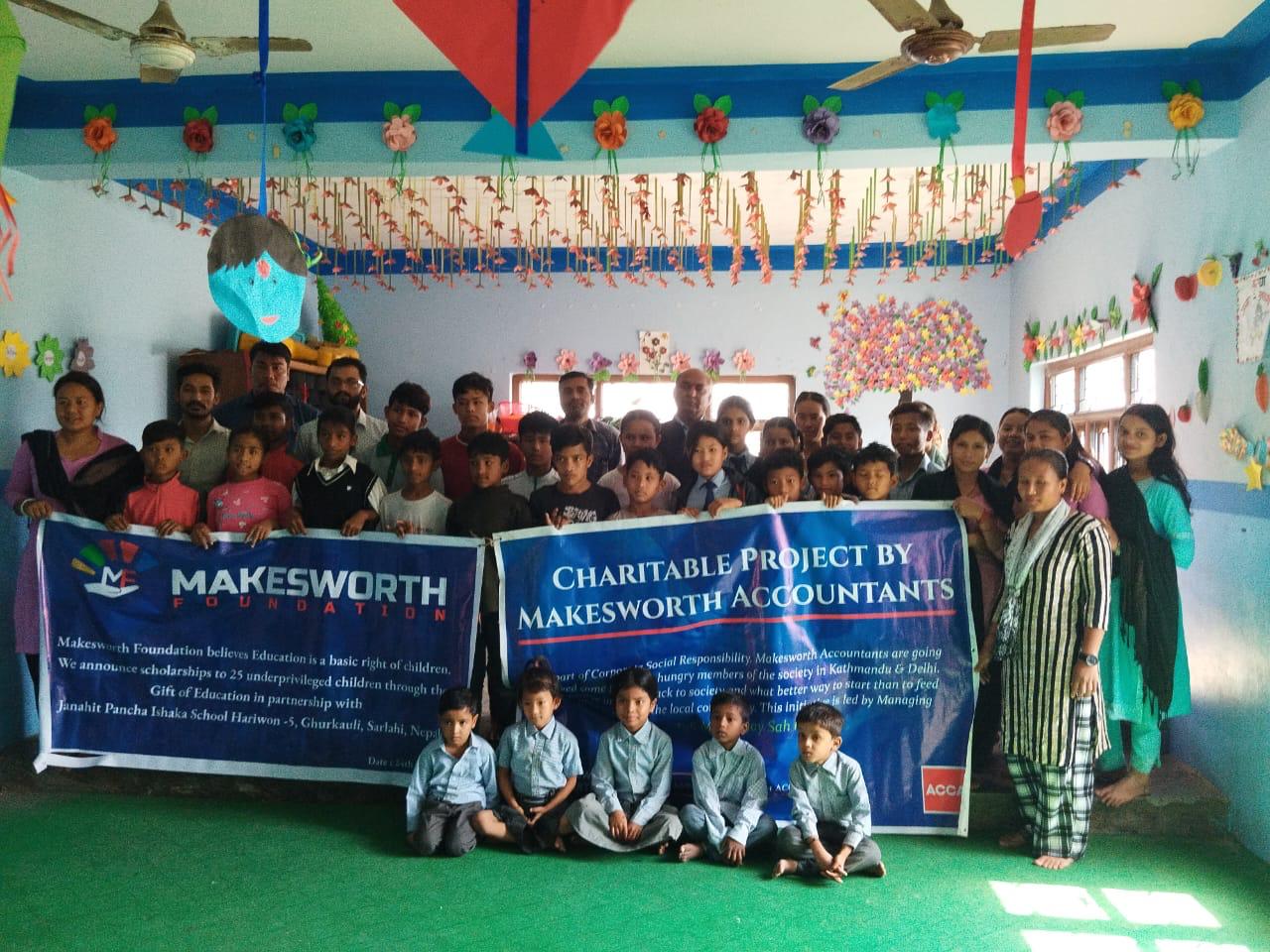In the tapestry of multicultural Britain, South Asian communities play a vibrant and significant role, contributing to the nation’s cultural, social, and economic landscape. However, beneath the umbrella term “South Asian” lies a rich tapestry of diversity, encompassing a multitude of ethnicities, religions, languages, and cultural traditions.
In the UK, the term “South Asian” typically refers to people hailing from the Indian subcontinent, which includes India, Pakistan, Bangladesh, Sri Lanka, Nepal, Bhutan, the Maldives, and even some from the Middle East. Within this broad category, there exists a mosaic of identities, including Indians, Pakistanis, Bangladeshis, Sri Lankans, as well as third-generation Asians, mixed-race individuals, and those with roots in countries like Nepal and Bhutan.
The South Asian minority groups in the UK are characterized by their rich diversity, with Indians constituting the largest proportion, followed by Pakistanis, Bangladeshis, and other Asians. These communities bring with them a plethora of languages, religions, and cultural practices, reflecting the tapestry of the Indian subcontinent.
Religiously, South Asian communities in the UK are predominantly Muslim, Hindu, and Sikh, with significant populations of Jains, Buddhists, and others. The Indian community encompasses followers of Hinduism, Sikhism, and Islam, while the Pakistani and Bangladeshi communities are predominantly Muslim.
Migration patterns have shaped the composition of South Asian communities in the UK, with many hailing from regions such as Punjab (Pakistan and India), Gujarat (India), and northeast Bengal (Bangladesh). Notably, some Gujaratis and Punjabis migrated to Britain from East Africa, particularly Kenya and Uganda, adding another layer of diversity to the diaspora.
Language serves as a cultural bridge for South Asians in the UK, with Punjabi, Gujarati, Bengali (Bangla), Hindi, Urdu, Nepali and English being among the main languages spoken within these communities. These linguistic threads weave together the fabric of cultural exchange and communication, preserving heritage and facilitating integration into British society.
While South Asians are dispersed throughout the UK, they are predominantly concentrated in major cities and large towns, where vibrant communities thrive amidst the bustle of urban life. However, within these communities, there exist significant differences, shaped by factors such as migration history, socio-economic status, and generational dynamics.
The diversity of South Asian communities in the UK is a testament to the richness of human experience, reflecting centuries of history, migration, and cultural exchange. As these communities continue to evolve and flourish, they contribute to the colorful mosaic that defines modern Britain.
History of South Asians in the UK: A Tapestry of Migration and Integration
The story of South Asians in the UK is one of resilience, perseverance, and adaptation, shaped by centuries of migration, cultural exchange, and socio-political dynamics. From the seventeenth century onwards, South Asian servants, seamen employed by the East India Company, and theatrical performers found themselves on British shores, laying the foundations for the vibrant communities that would follow.
The 1660 Navigation Act, which restricted the number of non-English sailors employed by the East India Company, marked a pivotal moment in South Asian migration history, leading to the settlement of some immigrants who established businesses catering to seamen and community members. Over time, the influx of South Asians expanded, with lawyers, doctors, and businessmen making their mark in British society from the mid-nineteenth century onwards.
However, it was in the post-Second World War era that South Asian migration to the UK witnessed a significant surge. The Gurkha soldiers are the most visible bridge between Nepal and the United Kingdom. It is to state that the Gurkhas’ service in the British army started on April 24, 1815, which is continuing till the date spanning over more than two hundred years. Pakistani and Indian men were recruited to address manual labor shortages, contributing to the reconstruction efforts across various sectors, including railways, airports, and manufacturing industries. Many of these early migrants hailed from rural areas, seeking opportunities amidst the upheaval caused by the partition of India and Pakistan in 1947.
Despite initial challenges, including language barriers and social isolation, South Asian communities thrived, establishing vibrant social networks centered around religious institutions, cultural associations, and community gatherings. Family reunification became a common theme from the 1960s onwards, as migrants sought to bring loved ones to join them in their adopted homeland.
The decline of British manufacturing in the 1970s and 1980s posed new challenges for South Asian communities, yet they proved resilient, transitioning to the service sector and entrepreneurship. The proliferation of South Asian-owned businesses, including restaurants and corner shops, became a hallmark of their economic contribution to British society.
However, the events of 9/11 and subsequent terrorist incidents profoundly impacted the South Asian community, particularly Muslims, who faced increased discrimination and surveillance. Racist incidents and anti-Muslim sentiments surged, exacerbating social tensions and highlighting the challenges of integration and inclusion.
Today, the South Asian community in the UK continues to navigate socio-economic disparities and systemic inequalities. Workers of Bangladeshi and Pakistani heritage face significant pay differentials and barriers to employment, compounded by discrimination and Islamophobia. Addressing these challenges remains a priority for policymakers and community leaders, as they strive to ensure equal opportunities and social cohesion for all.
As the legacy of South Asian migration continues to shape the cultural landscape of the UK, it underscores the resilience and diversity of a community that has contributed immeasurably to the fabric of British society.
Challenges and Triumphs: Current Issues Facing South Asian Communities in the UK
While South Asian communities in the UK continue to make significant contributions across various spheres of British life, they also grapple with persistent inequalities and challenges that warrant attention and action. From business and academia to politics and sports, South Asians have left an indelible mark on the cultural fabric of the nation, yet disparities persist, particularly in areas such as employment and housing.
Despite notable achievements, disparities in employment and homeownership persist among different South Asian communities. While Indian households boast homeownership rates on par with their white counterparts, the same cannot be said for Pakistani and Bangladeshi households, where homeownership ratios lag behind. Similarly, unemployment rates vary significantly, with Bangladeshis and Pakistanis facing higher levels of unemployment compared to the national average.
Education and social integration remain key concerns within South Asian communities, with issues such as faith-based schooling and the treatment of women garnering attention. While some state schools within South Asian areas accommodate minority religions and relevant cultural topics, there are ongoing concerns regarding the treatment of women, particularly in relation to forced marriage. Despite legal prohibitions enacted in 2014, cases of forced marriage persist, highlighting the need for greater enforcement and support for victims.
The COVID-19 pandemic has exacerbated existing challenges and triggered a surge in hate crimes against Muslims, particularly those from South Asian backgrounds. False accusations linking Muslims to the spread of the virus have fueled Islamophobic sentiments, leading to a concerning increase in hate crimes and cyberhate incidents. Muslim women, in particular, have borne the brunt of targeted attacks, reflecting broader issues of discrimination and marginalization within society.
Organizations like TellMAMA have documented a sharp rise in Islamophobic cyberhate during lockdown, underscoring the urgent need to address underlying prejudices and combat misinformation. A 2020 report from TellMAMA revealed that a significant majority of Muslim South Asians in the northeast of England experience regular anti-Muslim racism, with many reporting a worsening situation.
As South Asian communities navigate these challenges, it is imperative for policymakers, community leaders, and society at large to confront discrimination, promote social cohesion, and ensure equal opportunities for all. By addressing these issues head-on and fostering inclusivity, the UK can harness the full potential of its diverse South Asian population, enriching the fabric of British society for generations to come.




